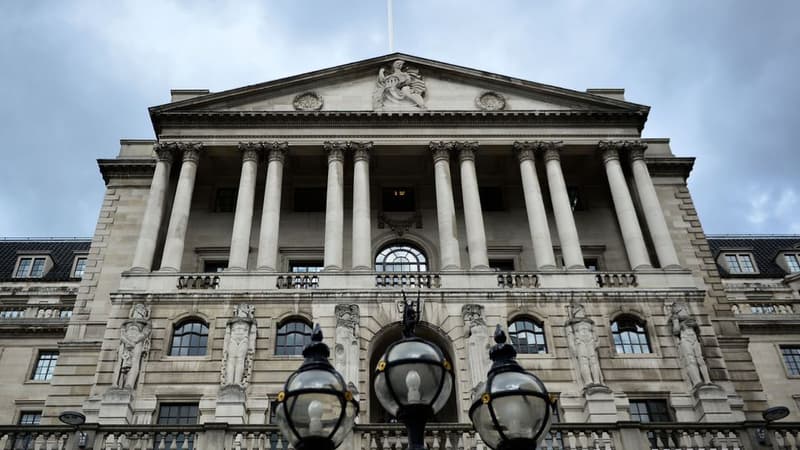The Bank of England raised its policy rate by 50 basis points to 4%, the highest since 2008 to counter inflation exceeding 10% in the UK, but paved the way for the end of the tightening cycle. “If there is evidence of persistent (inflationary) pressures, then further monetary policy tightening would be necessary,” the BoE said in its meeting minutes, which did not set conditions for further action in recent months.
A conditional action pledge, while the BoE mentioned in December that it simply expected more hikes. The BoE, whose rates have not been as high since late 2008 in the aftermath of the great financial crisis, faces a dilemma shared around the world.
Inflation is slowing but remains at record high levels, well above central banks’ 2% target and fueling a cost-of-living crisis as the economy weakens. The US Federal Reserve (Fed) raised its rates by just 0.25 points on Wednesday, and the European Central Bank (ECB), like the BoE, is expected to opt for a 0.5 point hike. later, that day.
This difficult choice is exacerbated in the United Kingdom, the only major world economy that will have to suffer a recession in 2023 according to the IMF, and where inflation is fueled by a tight labor market, in particular due to Brexit, but also by shortage. linked to the pandemic and by the rise in energy prices after the Russian invasion of Ukraine. The rise in prices is increasingly being driven by wage increases, the BoE notes.
Recession “shallower” than expected
The cost-of-living crisis has unleashed a wave of social movements in Britain, affecting transport, education and health, to demand better wages. The British monetary institute predicts that a recession should have started in early 2023 and last for five quarters.
The recession will, however, be “much less deep” than it predicted in its latest forecasts, in November, the Bank specifies in its monetary policy report, where it expects contractions of 0.5% in the economy in 2023 and 0.25 % in 2024. The weakness of the economy should contribute, with the fall in gas prices, to a slowdown in inflation, to 8% in June, 4% at the end of the year and less than 2% at the end of 2024, if the BoE raises its rates in line with market forecasts, which foresees a peak of 4.5% in mid-2023.
A stagnation of prices that the BoE does not want and that explains its caution in its forecasts, although it warns of “surprise risks due to the rebound in inflation”, if wage increases do not continue, which could push it to continue raising interest rates Rates The pound lost 0.69% to 1.2290 pounds per dollar around 12:30 GMT.
Source: BFM TV


